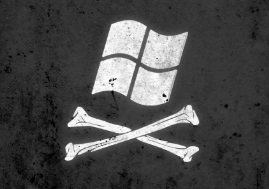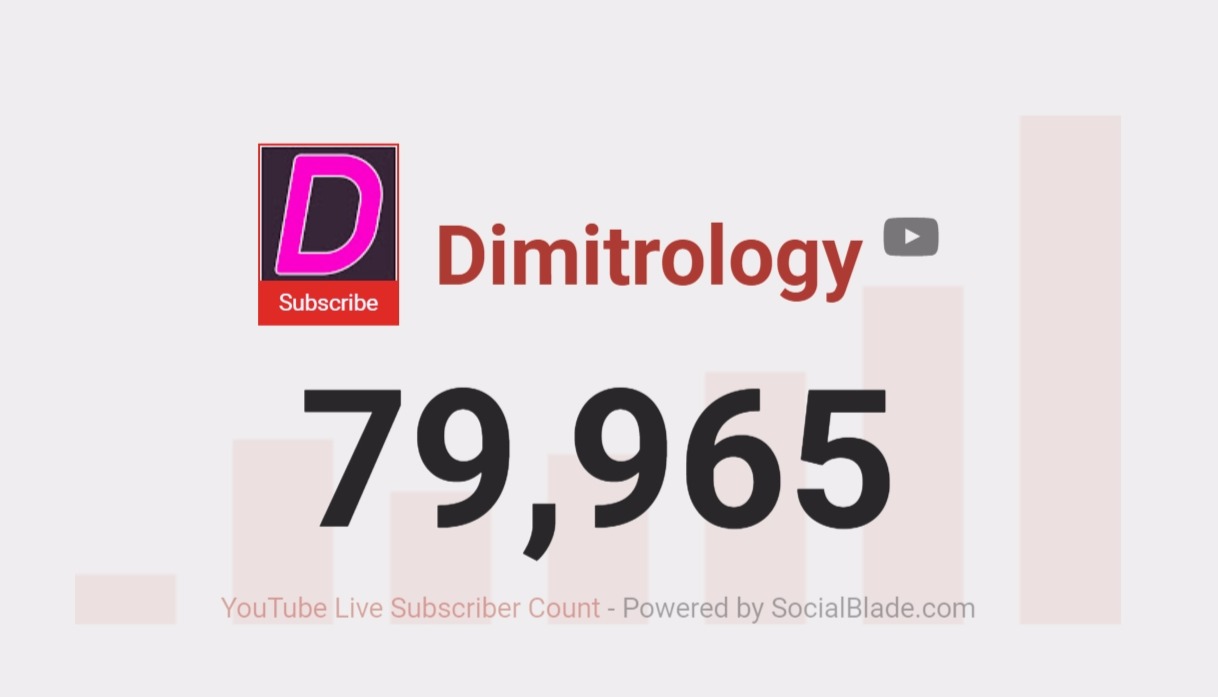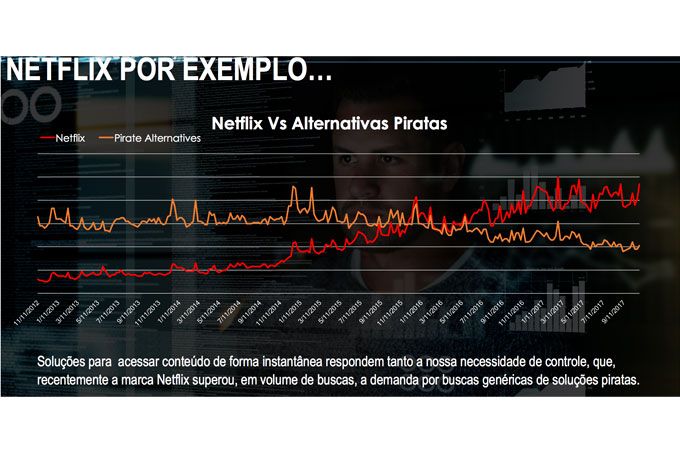
The decision was welcomed by the music industry, which looked forward to having more sites blocked in due course.
Soon after, local music rights group LSG sent its lawyers after several other large ISPs urging them to follow suit, or else. However, the ISPs dug in and a year later, in May 2016, things began to unravel. The Vienna Higher Regional Court overruled the earlier decision of the Commercial Court, meaning that local ISPs were free to unblock the previously blocked sites.
The Court concluded that ISP blocks are only warranted if copyright holders have exhausted all their options to take action against those actually carrying out the infringement. This decision was welcomed by the Internet Service Providers Austria (ISPA), which described the decision as an important milestone.
The ISPs argued that only torrent files, not the content itself, was available on the portals. They also had a problem with the restriction of access to legitimate content.
“A problem in this context is that the offending pages also have legal content and it is no longer possible to access that if barriers are put in place,” said ISPA Secretary General Maximilian Schubert.
Taking the case to its ultimate conclusion, the music companies appealed to the Supreme Court. Another year on and its decision has just been published and for the rightsholders, who represent 3,000 artists including The Beatles, Justin Bieber, Eric Clapton, Coldplay, David Guetta, Iggy Azalea, Michael Jackson, Lady Gaga, Metallica, George Michael, One Direction, Katy Perry, and Queen, to name a few, it was worth the effort.
The Court looked at whether “the provision and operation of a BitTorrent platform with the purpose of online file sharing [of non-public domain works]” represents a “communication to the public” under the EU Copyright Directive. Citing the now-familiar BREIN v Filmspeler and BREIN v Ziggo and XS4All cases that both received European Court of Justice rulings earlier this year, the Supreme Court concluded it was.
Citing another Dutch case, in which Playboy publisher Sanoma took on the blog GeenStijl.nl, the Court noted that linking to copyrighted content hosted elsewhere also amounted to a “communication to the public”, a situation mirrored on torrent sites like The Pirate Bay.
“The similarity of the technical procedure in this case when compared to BitTorrent platforms lies in the fact that in both cases the operators of the website did not provide any copyrighted works themselves, but merely provided further information on sites where the protected works were available,” the Court notes in its ruling.
In respect of the potential for blocking legitimate content as well as that infringing copyright, the Court turned the ISPs’ own arguments against them somewhat.
The ISPs had previously argued that blocking The Pirate Bay and other sites was pointless since the torrents they host would still be available elsewhere. The Court noted that point and also found that people can easily upload their torrents to sites that aren’t blocked, since there’s plenty of choice.
The ISPA criticized the Supreme Court’s ruling, noting that in future ISPs will still find themselves being held responsible for decisions concerning blocking.
“We do not support illegal content on the Internet in any way, but consider it extremely questionable that the decision on what is illegal and what is not falls to ISPs, instead of a court,” said ISPA Secretary General Maximilian.
“Although we find it positive that a court of last resort has taken the decision, the assessment of the website in the first instance continues to be left to the Internet provider. The Supreme Court’s expansion of the circle of sites that be potentially blocked further complicates this task for the operator and furthers the privatization of law enforcement.
“It is extremely unpleasant that even after more than 10 years of fierce discussion, there is still no compelling legal basis for a court decision on Internet blocking, which puts providers in the role of both judge and hangman.”
Also of interest is ISPA’s stance on how blocking of content fails to solve the underlying issue. When content is blocked, rather than removed, it simply displaces the problem, leaving others to pick up the pieces, the Internet body argues.
“Illegal content is permanently removed from the network by deletion. Everything else is a placebo with extremely dangerous side effects, which can easily be bypassed by both providers and consumers. The only thing that remains is a blocking infrastructure that can be misused for many purposes and, unfortunately, will be used in many places,” Schubert says.
“The current situation, where providers have to block the rightsholders quasi on the spot, if they do not want to engage in a time-consuming and cost-intensive litigation, is really not sustainable so we issue a call to action to the legislature.”
The domains that were listed in the case, many of which are already defunct, are: thepiratebay.se, thepiratebay.gd, thepiratebay.la, thepiratebay.mn, thepiratebay.mu, thepiratebay.sh, thepiratebay.tw, thepiratebay.fm, thepiratebay.ms, thepiratebay.vg, isohunt.to, 1337x.to and h33t.to.
Whether it will be added later is unclear, but the only domain currently used by The Pirate Bay (thepiratebay.org) is not included in the list.
Source: TF, for the latest info on copyright, file-sharing, torrent sites and more. We also have VPN discounts, offers and coupons

 For many years, Microsoft and the Business Software Alliance (BSA) have carried out piracy investigations into organizations large and small.
For many years, Microsoft and the Business Software Alliance (BSA) have carried out piracy investigations into organizations large and small. 
 As part of its quest to reduce piracy, the MPAA continues to spend money on its lobbying activities, hoping to sway lawmakers in its direction.
As part of its quest to reduce piracy, the MPAA continues to spend money on its lobbying activities, hoping to sway lawmakers in its direction.



 Sci-Hub, often referred to as the “Pirate Bay of Science,” hasn’t had a particularly good run in US courts so far.
Sci-Hub, often referred to as the “Pirate Bay of Science,” hasn’t had a particularly good run in US courts so far. In recent years, BitTorrent users around the world have been targeted with threats. They can either pay a significant settlement fee, or face far worse in court.
In recent years, BitTorrent users around the world have been targeted with threats. They can either pay a significant settlement fee, or face far worse in court.


